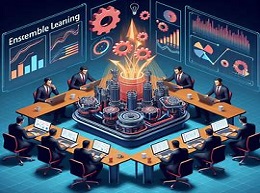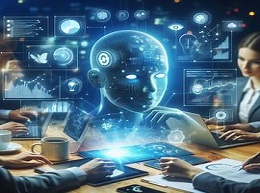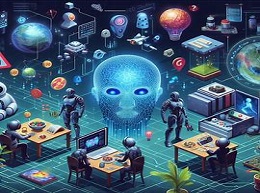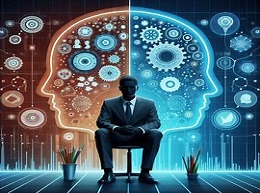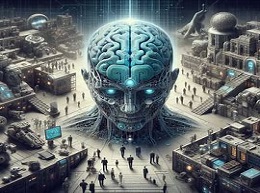AI in Music Composition: From Bach to Beatboxing

The Fusion of AI and Music Composition
Artificial intelligence (AI) has revolutionized various industries, and music composition is no exception. From generating classical compositions reminiscent of Bach to creating innovative beatboxing algorithms, AI is reshaping the landscape of music creation. In this article, we'll delve into the intriguing world of AI in music composition and explore its diverse applications and implications.
Recreating Classics: AI's Tribute to Bach
One of the remarkable feats of AI in music composition is its ability to recreate classical masterpieces. By analyzing the musical patterns and styles of renowned composers like Bach, AI algorithms can generate new compositions that pay homage to the classics while adding a modern twist.
Example: DeepBach
DeepBach, developed by researchers at Sony CSL Paris, uses deep learning techniques to generate chorale harmonizations in the style of Johann Sebastian Bach. The algorithm analyzes Bach's compositions to learn the rules of counterpoint and harmony, producing new pieces that capture the essence of Bach's music.
Pushing Boundaries: AI-Generated Music Genres
AI isn't limited to recreating classical compositions—it's also capable of exploring new frontiers in music genres and styles. From jazz improvisations to electronic dance music (EDM), AI algorithms can generate original compositions that push the boundaries of creativity and experimentation.
Example: Amper Music
Amper Music is an AI-powered music composition platform that allows users to create original music tracks tailored to their specifications. By adjusting parameters such as mood, tempo, and instrumentation, users can generate custom music compositions suitable for various genres and contexts.
Collaborating with Creativity: Human-AI Music Partnerships
AI in music composition isn't about replacing human musicians—it's about collaborating with AI tools to enhance creativity and productivity. Musicians and composers can leverage AI algorithms to generate musical ideas, explore different arrangements, and overcome creative blocks, ultimately inspiring new avenues of expression.
Example: Google's Magenta Project
Google's Magenta Project is an open-source research initiative exploring the intersection of AI and creativity. Magenta provides tools and models for musicians and developers to experiment with AI-generated music and explore new possibilities in music composition and performance.
The Art of Beatboxing: AI's Rhythmic Innovations
Beatboxing, the art of vocal percussion, has been taken to new heights with the help of AI algorithms. From generating beatbox rhythms to synthesizing vocal sounds, AI is pushing the boundaries of what's possible in human-machine collaboration and sonic experimentation.
Example: Google's NSynth Super
Google's NSynth Super is an AI-powered synthesizer that creates new sounds by combining elements from existing sounds. Musicians and beatboxers can use NSynth Super to explore novel sound textures and rhythms, expanding the sonic palette of beatboxing performances and compositions.
Ethical and Copyright Considerations
While AI in music composition offers exciting possibilities, it also raises important ethical and copyright considerations. Questions about ownership, attribution, and cultural appropriation must be carefully addressed to ensure fair and respectful use of AI-generated music.
Example: Copyright Issues
AI-generated music raises questions about copyright ownership—who owns the rights to compositions generated by AI algorithms? Clear guidelines and legal frameworks are needed to address copyright issues and ensure that creators are fairly compensated for their work.
Harmonizing Tradition and Innovation
AI in music composition represents a fascinating convergence of tradition and innovation, where algorithms pay homage to classical masters while paving the way for new creative expressions. Whether it's recreating Bach's chorales, exploring new music genres, or pushing the boundaries of beatboxing, AI is reshaping the way we create and experience music. As technology continues to advance, the possibilities for AI in music composition are boundless, offering new avenues for artistic exploration and collaboration in the ever-evolving world of music.
